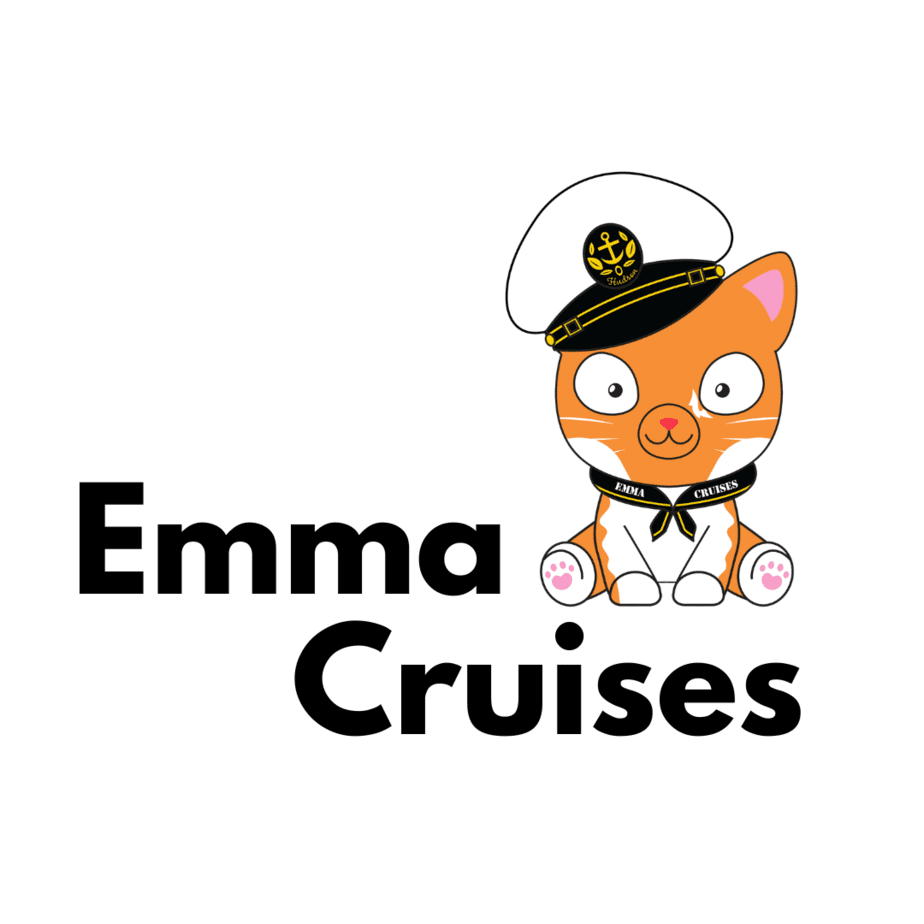If you have spent any time around boats or ships you may have heard the terms used interchangeably.
Despite this boats and ships aren’t the same and there are a number of distinct and fundamental differences.
In history, there have been many theories on the classification criteria but now there are generally accepted rules as to what constitutes a ship and what constitutes a boat.
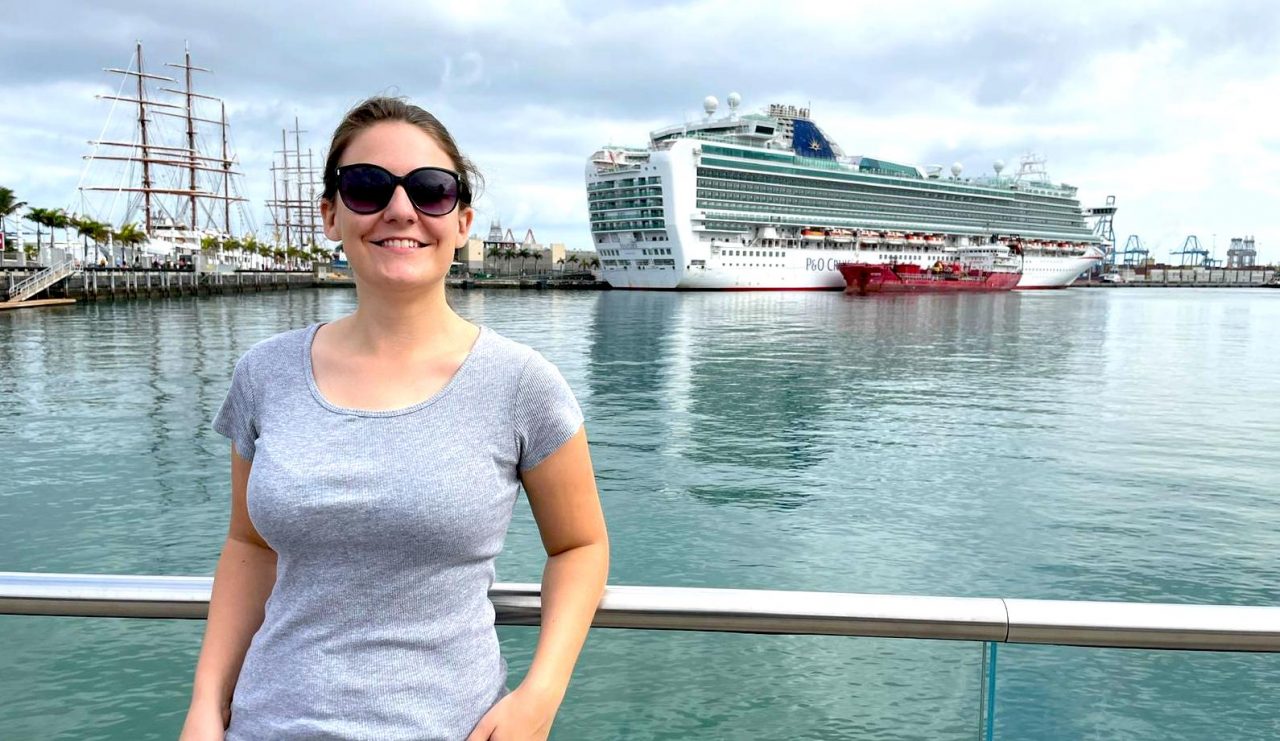
What is The Difference Between a Boat and a Ship?
As a general rule, ships are larger than boats with a displacement of at least 500 tons, anything below this is usually classed as a boat.
The primary function of a ship takes place inside the vessel compared to a boat where it takes place on the top deck.
Another difference is that ships usually carry smaller boats onboard (Lifeboats) but boats do not.
Another big difference is that the primary function of a ship takes place inside. The main functions of boats happen on the outside decks.
When ships had sails a ship was defined by the fact that it would have at least three square-rigged masts and a full bow spirit, anything less than this would be considered a boat.
| Boat | Ship | |
| Displacement Tonnage (Weight) | Usually < 500 Tons | Usually > 500 Tons |
| Function Primary Location | On The Top Deck | Inside The Vessel |
| Turning Positioning | Turns Inward on a Turn | Turns Outward on a Turn |
| Carries Smaller Boats | No | Yes |
| Manned by Crew | Only When in Use | Always |
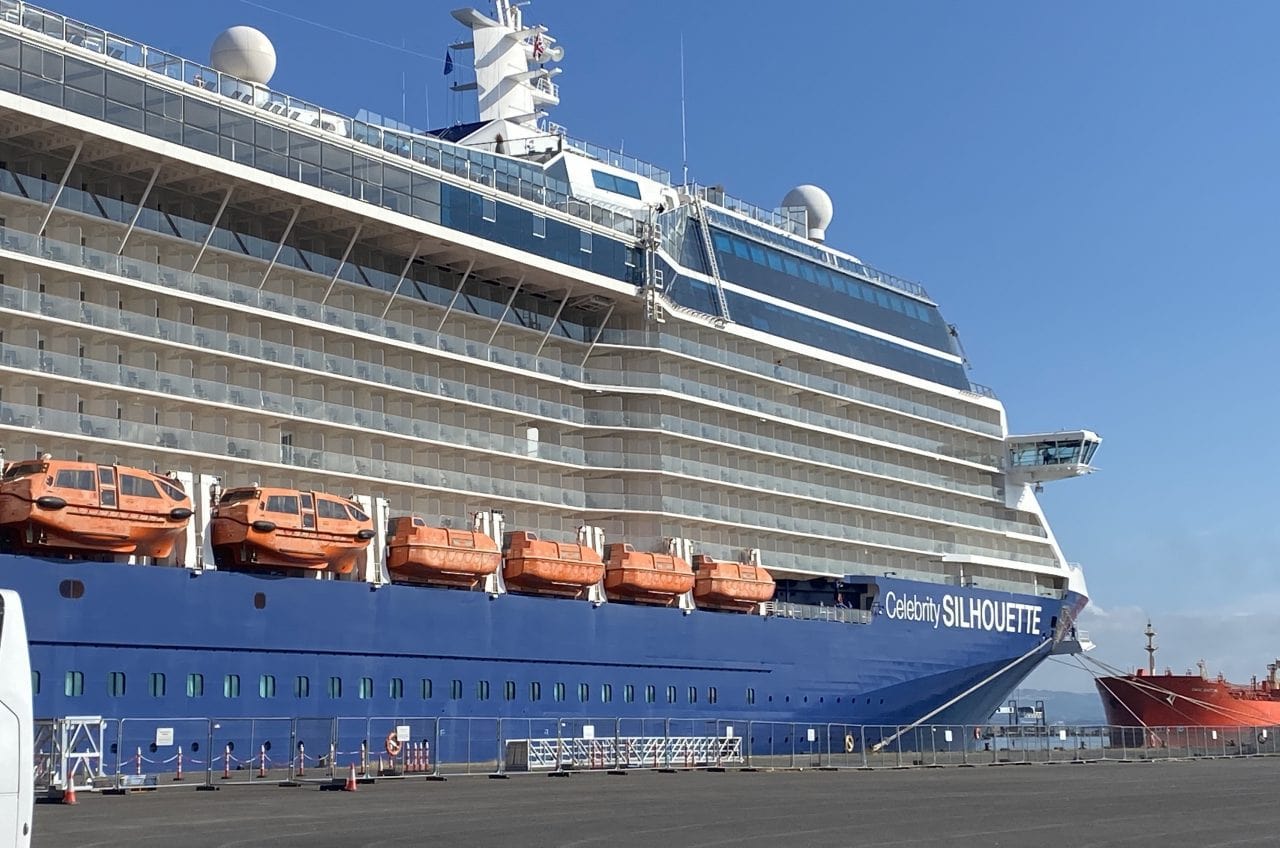
A Submarine is a Boat – Not a Ship
There is always an exception to every rule and in this case, it is Submarines!
- Submarines are always referred to as boats, not ships – although they usually exceed the displacement tonnage required for a boat to be classed as a ship.
- Many people argue that this is because submarines don’t have smaller boats onboard, and because they can be winched onto larger ships.
When Does a Boat Become a Ship?
Generally speaking, when a boat surpasses 500 tons of displacement, it can be classified as a ship.
The displacement tonnage is the weight of the ship. It is calculated by seeing how much water is displaced by the ship and then converting the amount into weight.
| Displacement | Classification | |
| Fishing Boat / Speed Boat / Recreational Boat / Yachts | < 500 Tons | Boat |
| Ferry | 20,000 Tons | Boat |
| Oil Tanker | 70,000 Tons | Ship |
| Large Cruise Ship | 100,000 Tons | Ship |
Several other criteria affect whether a vessel is a boat or a ship...
Can You Call a Ship a Boat?
Generally speaking, it’s okay to call a ship a boat. The word “boat” is a kind of umbrella term that encompasses all floating vessels that carry people or cargo.
Technically the definition of a boat includes both what we class as boats, ships, and submarines:
Boat – A vessel for transport by water, constructed to provide buoyancy by excluding water and shaped to give stability and permit propulsion.
It’s true that the Captain of a large ship may not like the ship being referred to as a boat – but even the crew who work on ships, or people who take regular cruises do on occasion call a ship a boat.
On the other hand, if you call a boat, a ship, whoever owns or operates the boat will likely take it as a compliment as ships are usually much larger (and more expensive)!
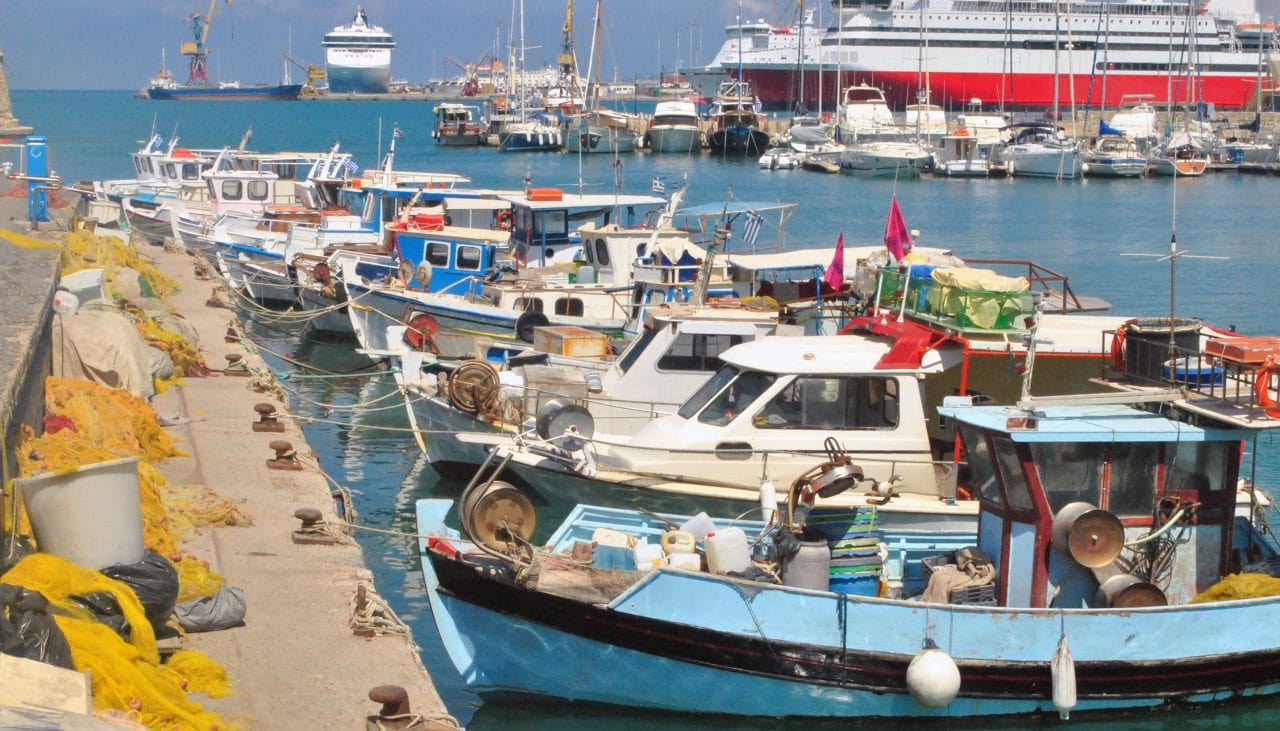
Size Isn’t The Only Factor – The Function Affects The Classification
It’s generally accepted that the functions of a ship and a boat are different and where the functions take place has a big impact on the classification.
The functions of a boat happen out on the main deck, this may be guests sitting on top of a speed boat or fishermen sitting on top of a fishing boat waiting to catch a fish.
The main functions of a ship happen within the ship – this may be guests enjoying their dinner on a cruise or goods being transported on a mail ship or cargo ship.
| Main Function Takes Place | |
| Boat | On The Main Deck (Usually Outside) |
| Ship | Inside The Ship |
This makes sense when it comes to things like cruise ships but makes little sense when it comes to submarines.
You definitely don’t spend your time on a submarine on the ‘deck’.
Boats vs Ships – They Turn Differently
Another difference is the way that the ship or boat behaves when turning.
It’s generally accepted that a ship will turn outwards during a turn and a boat will turn inwards. This is similar to how a car will lean outwards when it turns but a motorbike will turn into the turn.
This change is caused by a difference in the centre of gravity and is generally accepted as a definition provided by the Royal Navy.
| Turning Positioning | |
| Boat | Turns Inward on a Turn |
| Ship | Turns Outward on a Turn |
Boats vs Ships – The Crew Operate Differently
Ships do need more crew to operate than boats – but this isn’t the only difference when it comes to operations.
Ships are usually manned at all times, at least with a small skeleton crew. Even if a ship is docked or has dropped anchor there will be crew members onboard to maintain the ship and to ensure that everything is safe.
Boats only tend to be manned when they are in operation. It isn’t unusual for boats to be left for long periods of time between uses.
| Manned by Crew | |
| Boat | Only When in Use |
| Ship | Always |
Ships usually have large teams of people that take care of distinct elements of the ship.
It is usually possible to run a boat with only a handful of crew members, or in some situations only one person.
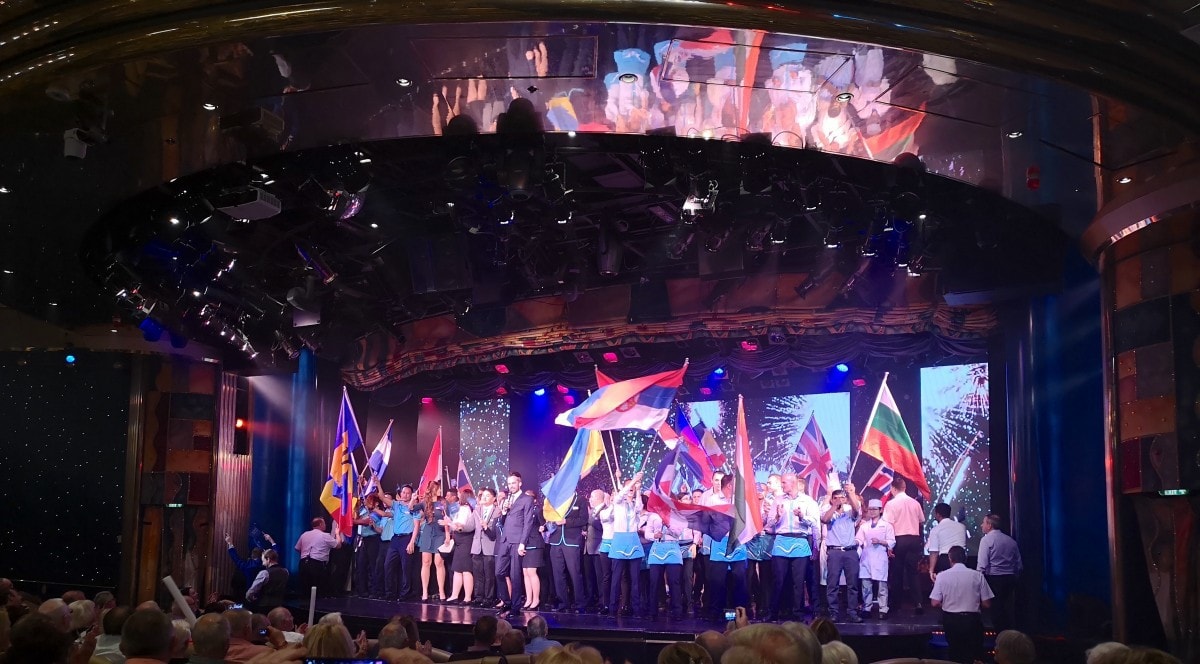
Boats vs Ships – They Operate in Different Locations
Generally speaking, boats operate close to the shore on coastal waters. Ships are designed to sail long distances, usually across expanses of open ocean.
Of course, it is possible for boats to sail on the ocean, and for ships to sail into coastal waters but this isn’t where they are designed to be the majority of the time.
| Operation Location | |
| Boat | Coastal Waters |
| Ship | Ocean |
Is a Ferry a Boat or a Ship?
A ferry is technically classified as a ship due to its size and function – despite often being referred to as a ferry boat.
Generally speaking, a ship has a displacement tonnage of over 500 tons and ferries typically have a displacement tonnage well above this number.
Ferries also have lifeboats onboard which is another key indicator as to a vessel’s classification.
The function of a ferry is also better assigned to that of a ship than a boat with the ability to transport multiple people long distances.
I sailed onboard a ferry between Stockholm and Helsinki. It was massive and could transport up to 3116 people – it certainly couldn’t be considered a boat!
Find out what i thought of that ship here:
Ferries are usually referred to as ‘ferry boats’ but this is a common language usage and doesn’t apply to the technical categorization.
To learn more about how ferries compare to modern cruise ships, check out this post:
5 HUGE Differences Between a Ferry and a Cruise Ship (Real Examples)
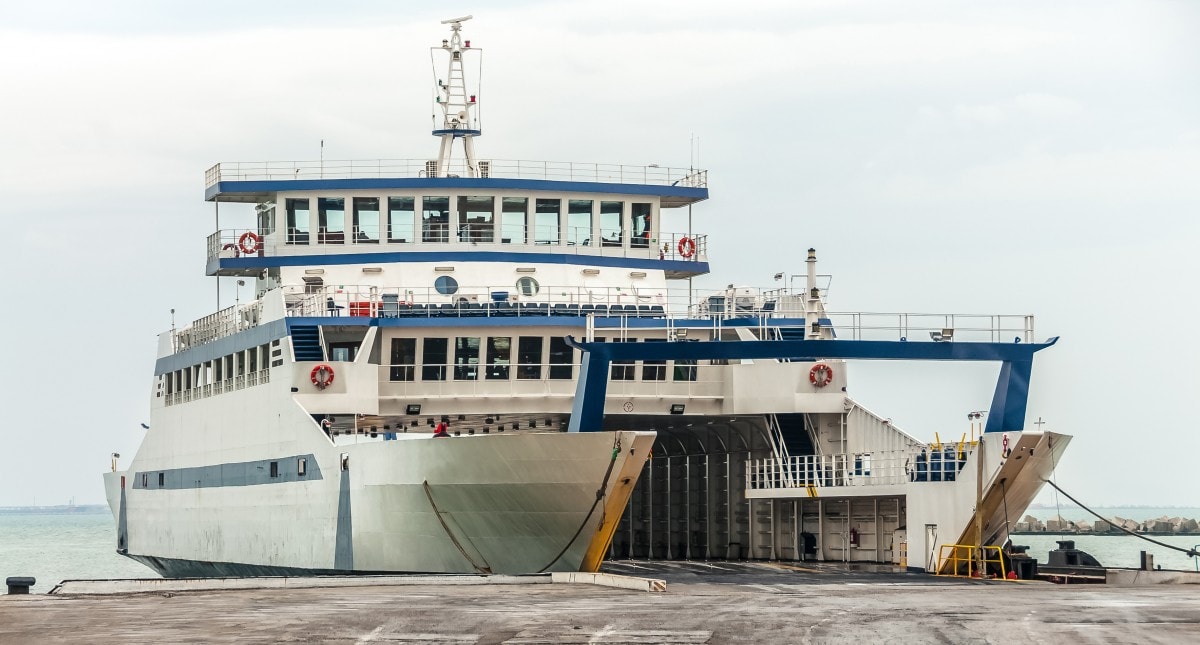
Is a Cruise Ship a Boat or a Ship?
Cruise ships are classified as ships due to their size and function.
Large modern cruise ships have a displacement tonnage of 100,000 which is well in excess of the 500 generally accepted as being the lower limit for a vessel to be classified as a ship.
Cruise ships also carry lifeboats, which is another key indicator of a ship.
Many different rules classify if a vessel is a boat or ship, there are exceptions however to each of these rules.
One of my favourite explanations about the difference says:
“When your ship sinks, you get in the boat.
When your boat sinks, you get wet.”
Before You Go
Cruise Ships and Ocean Liners are both classed as ships – but there are many differences between the two. Find out more about that here:
Cruise Ships vs Ocean Liners – Measurable Differences You Need to Know
I spent a week on one of the biggest cruise ships, Royal Caribbean’s Symphony of the Seas. Find out how i got on here:
I Spent 7 Days Onboard Symphony of The Seas (Full Review, Ship, Food & More)
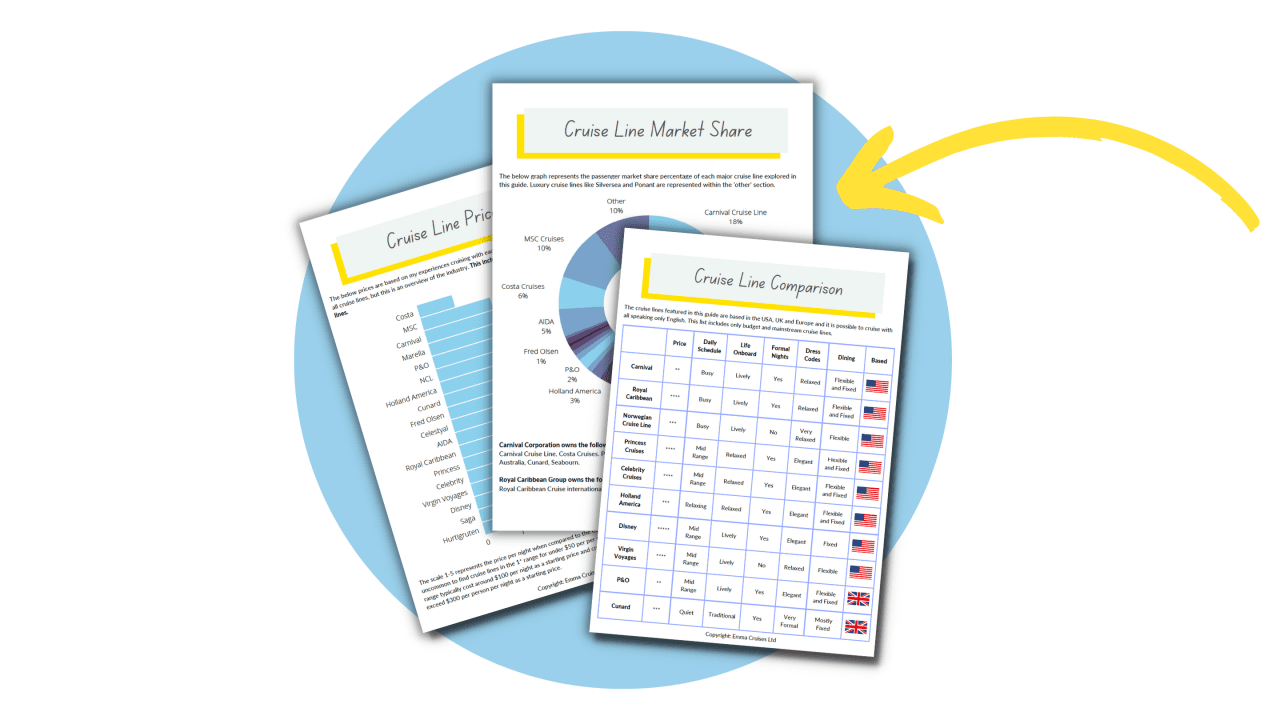
Free Insiders Cruise Line Guide
Ever wondered how the mainstream cruise lines compare? Cruise lines won’t tell you this, but I will.
This FREE guide shows you everything you need to know to find your perfect cruise line.
